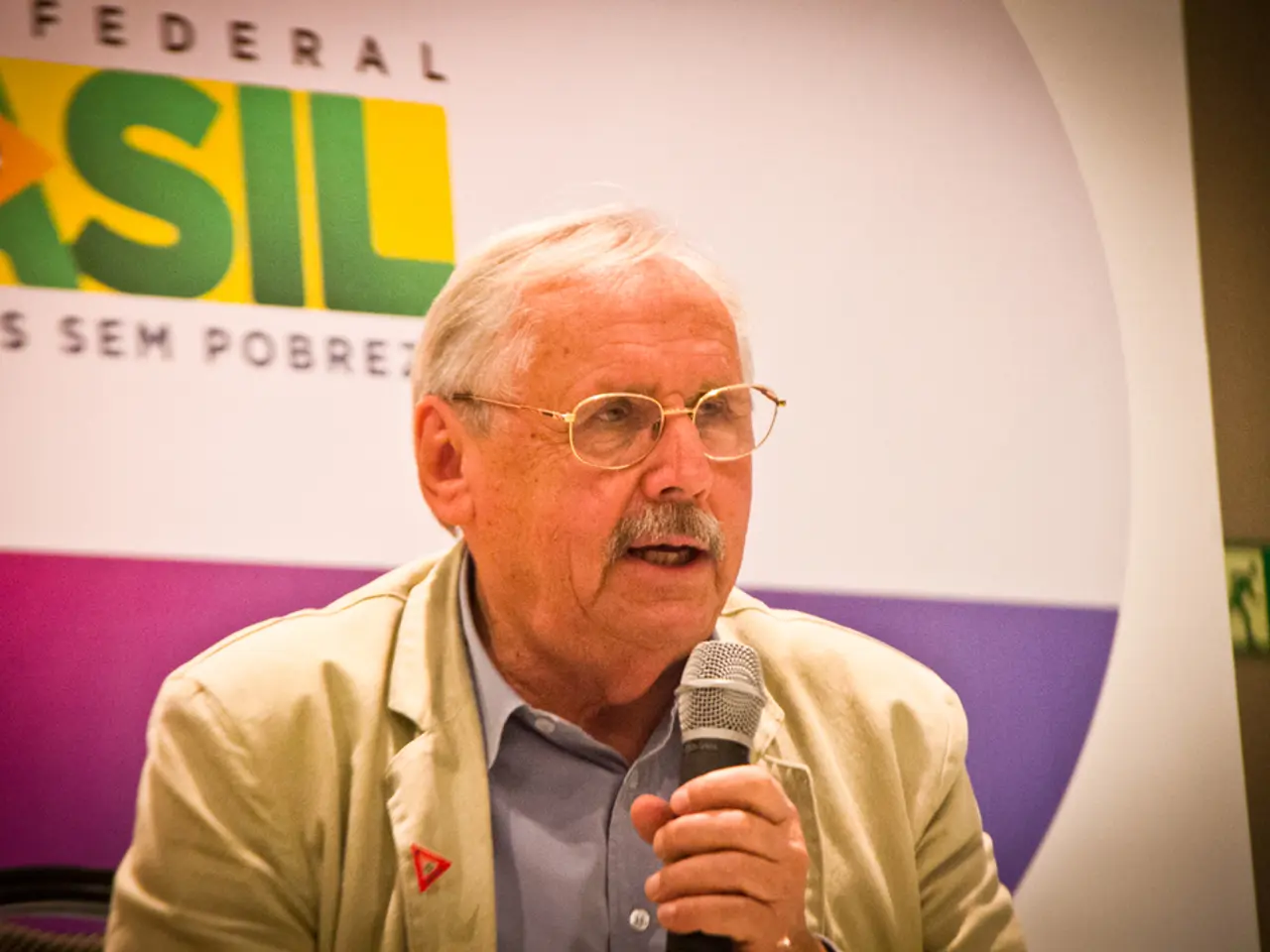Political directive from Trump: Public demonstrations urged in Washington D.C.
In a surprising turn of events, US President Donald Trump declared a crime emergency in Washington, D.C., on August 11, 2025, placing the Metropolitan Police Department (MPD) under federal control for law enforcement purposes. The move, justified by rising violent crime, authorized the deployment of District of Columbia National Guard troops to address an "epidemic of crime" threatening public safety and the functioning of the federal government in the nation's capital.
Under Section 740 of the District of Columbia Home Rule Act, Trump's declaration allows the federal government to assume control of the city’s police force for 30 days, after which a vote is required for the deployment to continue. Initially, 800 National Guard soldiers were to be deployed in Washington.
The decision has raised significant implications and concerns. The Home Rule Act limits presidential control of the D.C. police to 30 days without Congressional approval to extend it. Trump’s administration is seeking legislation to extend the federal takeover indefinitely, but faces opposition from Senate Democrats who could block it via filibuster. Legal experts and the Justice Department state that no existing law authorizes Trump to bypass Congress and extend the 30-day limit without approval.
The use of National Guard troops and the military in domestic law enforcement raises alarms about potential violations of the Posse Comitatus Act. Soldiers are not trained law enforcement officers, and deploying military forces for policing can threaten constitutional rights and elevate risks of abuses. Historically, the Framers and legal tradition have guarded against militarizing police functions to protect democracy and individual liberties.
The situation has sparked significant debate about balancing effective crime control with respect for local governance and civil rights. Republicans supporting Trump argue the federal intervention is necessary to restore safety, enforce the law, and clean up D.C.’s streets. Democrats and civil liberties groups see the move as an abuse of power and a threat to public safety and governance in the capital.
In the streets of Washington, demonstrators temporarily blocked traffic, and Trump posted photos showing tents and litter on the side of the road, announcing plans to offer accommodation "FAR AWAY from the capital." As of the evening (local time), the situation remains largely calm. Protests against Trump's decision are being organized, with calls made on social media.
The year 2024, however, saw a significant decrease in violent crimes in Washington, with the prosecutor's office of the capital district reporting it as the fewest violent crimes in 30 years. The total number of all offenses went down by seven percent. The District of Columbia's crime statistics show a decrease in reported offenses, with violent crimes decreasing by over a quarter compared to the same period last year.
This marks the first time a president has placed the police in Washington under federal control. The move is reminiscent of the deployment of soldiers on the streets of Los Angeles in June. The situation remains fluid and will likely continue to be a topic of intense political and public debate in the coming days.
Read also:
- Court petitions to reverse established decision on same-sex marriage legalization
- Trump's enforcement actions in Washington D.C.: Insights from the political arena
- Chinese Ambassador issues stern message to India regarding Trump's tariffs in midst of escalating trade feuds
- Aircraft collides with another one on the runway during landing at Montana airport, igniting flames






